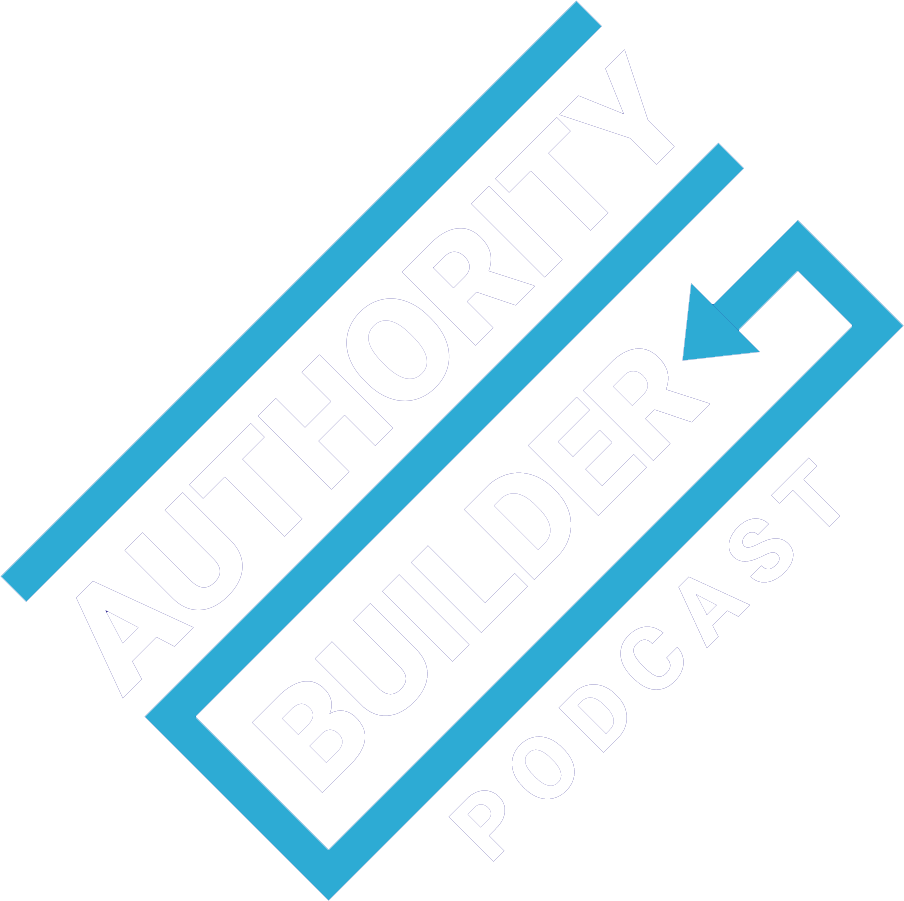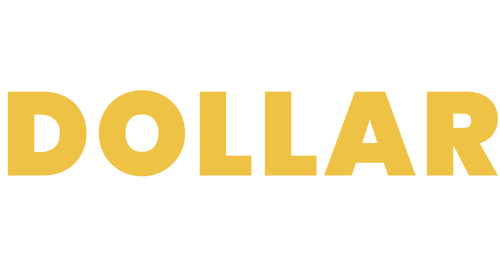What makes for a successful business? Coach, author, and speaker Jennifer Dawn says too many entrepreneurs need to change their idea of what success really means, as well as the mindset and practical strategies they’ll use to achieve it.
Jennifer has built two multimillion-dollar companies (with a third on the way) and even had tremendous success in a corporate position (although the experience still soured her from ever going back to that world).
Her passion is helping entrepreneurs find the same level of success without sacrificing what’s most important. One essential element is something Jennifer says 80% of entrepreneurs don’t do. We take a deep dive into that, as well as…
- How to use bad experiences to bounce back
- Making your own rules as an entrepreneur
- Why you can’t hold yourself truly accountable – and who to turn to
- The wrong way to set goals (that you think is right)
- And more…
Episode Timeline:
00:11 Today Steve speaks with Jennifer Dawn. Jennifer is a serial entrepreneur who has built two multi-million dollar businesses, is the owner of Jennifer Dawn Coaching and the founder of Best Planner Ever.
01:18 Jennifer tells us about her backstory where she had her first business at the age of 8!
08:12 Jennifer explains how she got into amusement park software development.
11:00 Jennifer tells us about how mindset determines the amount of success you achieve. She had to move from surviving to thriving.
15:10 Steve and Jennifer talk about the confidence and power they took from overcoming tough situations.
17:51 Steve talks about negative analysis and why you should change the rules of the game.
19:39 Jennifer explains why she hired a life coach.
23:27 Jennifer tells us the secret to achieving your goals.
27:12 Steve talks about accountability and capability.
28:47 Jennifer talks about how it all starts with having a vision.
32:19 Jennifer talks about her “grocery store” analogy in strategizing your business.
35:27 Jennifer talks about thinking everything though.
37:22 Jennifer talks about delegation and her upcoming workshops.
41:35 Jennifer tells us how best to get in contact with her and gives the UCEO listeners a great bonus resource!


